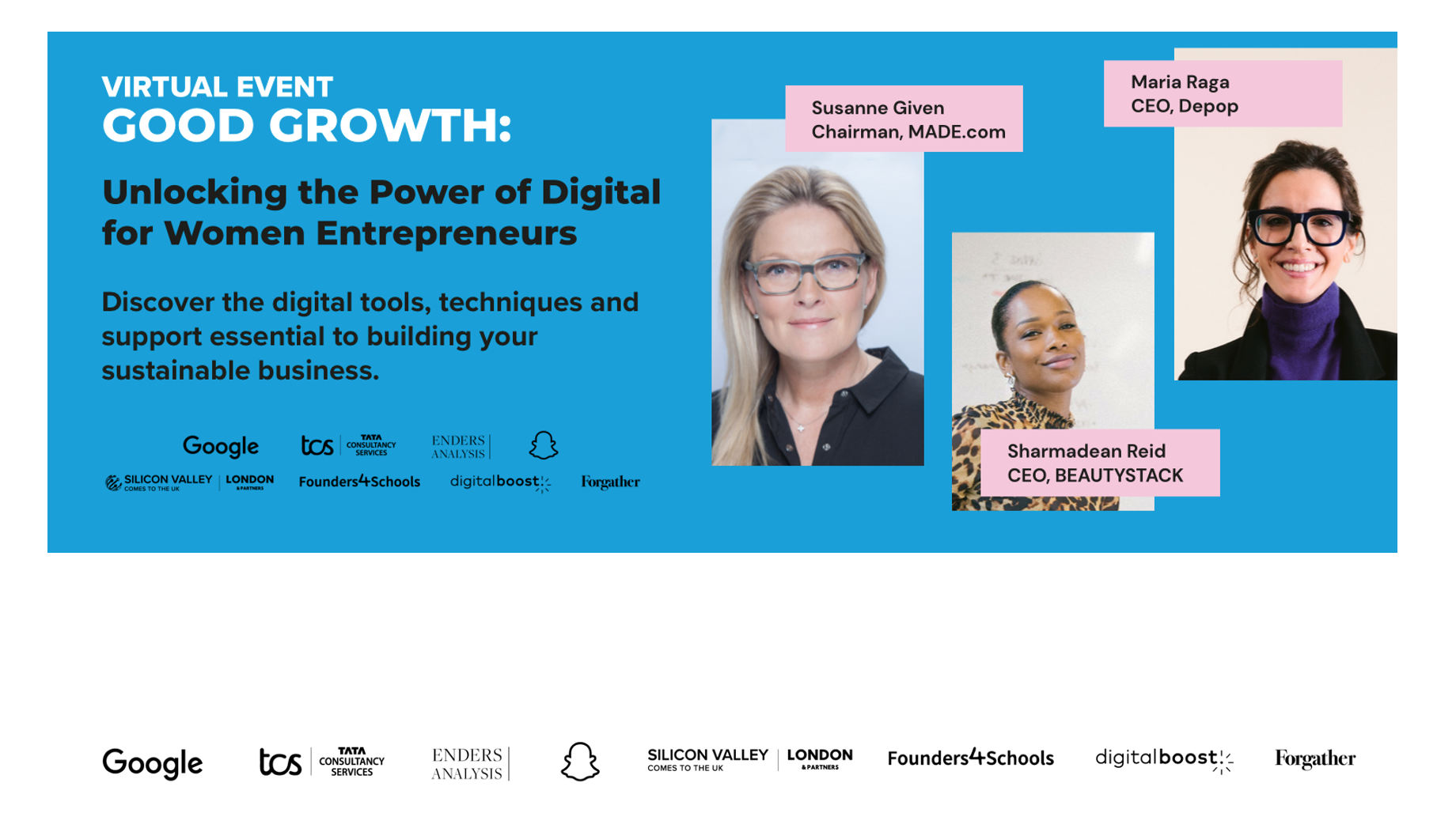Human beings are, as a species, perhaps uniquely concerned with predicting the future. I’d venture to suggest that for as long as there has been PR, there have been agencies earnestly hawking their client spokespeople not only as astute analysts of what has been and what is currently unfolding, but also as insightful forecasters of what is yet to come. And, reliably enough, come December and January the pages of publications both digital and physical, serious and light-hearted, are rife with such speculation, designed to serve readers’ natural human curiosity and need for reassurance about the future.
Nostradamus, perhaps the most renowned of historical prognosticators, has a track record probably best described as somewhat patchy when it comes to the eventual veracity of his predictions: the world certainly seems not to have ended just yet, however we may feel about the numerous celebrity deaths and seismic political decisions that took place during 2016. But Nesta, an independent charity that works to increase the innovation capacity of the UK, has in recent times earned itself a rather better pedigree for its annual predictions of the trends in technology and society that will most influence how we live, work, and play. The organisation’s predictions for 2012, for instance, marked that year out as an inflection point for that nascent industry – the year that growth would explode as micro-investments by ordinary consumers into appealing new business and product ideas became mainstream. And the boffins were proved right: after year-on-year growth in the region of 100 per cent over the past few years, UK crowdfunding investment now stands at £3.2 billion.
So when the opportunity arose to attend the event at which Nesta would be announcing its predictions for 2017, it seemed only sensible to head on over and find out from the horse’s mouth what it thinks will be defining the world we live over the next year. After some time wandering up and down Victoria Embankment utterly bewildered by the out-of-sequence numbering of the buildings, and with a mis-labeled Google Maps providing scant assistance, I eventually found myself in Nesta’s shiny new premises rubbing shoulders with fellow attendees ranging from startup founders to UX designers to strategy consultants to Cabinet Office policy advisors.
As followers will no doubt have observed – quite probably with a mix of interest and annoyance, the precise mix likely depending on just what they’re up to at the time – I like to live-Tweet events I go to. Nesta’s 2017 predictions event would prove to be the sternest test yet of my abilities, with the format seeing 10 Nesta analysts, researchers, and directors take to a lectern in turn to pitch one prediction each in just one minute ahead of an audience vote to anoint the most exciting prediction.
The ten predictions up for consideration were these:
- Hyper-realistic vegetarian meat substitutes – including burgers and steaks that can even bleed convincingly – become commonplace on our dinner tables
- Adult and continuing education rises to the top of the policy agenda as the economy and labour market continue to evolve out of sight, with big implications for the skills required by the workforce
- The immense technological resources constantly at our fingertips will turn armchair protesters into effective volunteers and advocates, better enabling the time-poor or immobile to contribute impactful support for the social and scientific causes they believe in
- Blockchain will empower individuals to wrest back control of their data from the global technology behemoths that currently dictate our every online experience
- The idea of a global Internet will be shattered by the fallout from political events, shaking the democratic foundations of our society as fear of fake news, cyber attacks, and other nefarious online acts see governments pull the plug on a genuinely World Wide Web in favour of more easily controlled national networks
- Mainstream education will rethink its focus and give more attention to the next major skills gap now that we are (albeit slowly) addressing the digital skills shortage – it is collaborative problem-solving, powered by creativity, dexterity, and social intelligence, rather than basic rote knowledge, that will be crucial to the generation of students emerging into a more automated world
- Virtual reality will lift limitations and establish a new paradigm for the creation of immersive art
- We will begin to critically question AI, machine learning, and the increasingly influential role played by algorithmic decision-making in our daily lives – people are (generally) fairly tolerant of bad decisions made by other people; they will be less so of mistakes made by machines
- Digital technology will facilitate increased engagement with social movements driving change in healthcare policy and delivery
- Making a success of Brexit – if Article 50 is indeed triggered – will require Britain to become more like Germany, with a rebalancing of the economy, a renewed focus on industrial strategy, decentralisation and greater support for a regionalised country, and clearer foreign policy
Variously inspiring and worrying – and all in their own ways fascinating – Nesta’s predictions for 2017 are, well, predictably prescient. In voting for the one that I thought most likely to have a profound and widespread impact in 2017, I found myself drawn – perhaps unexpectedly – to the rise not of fake news but of fake meat. Perhaps it’s symptomatic of the largely white, largely middle-class, largely left-leaning social circles I’m part of, but looked at squarely through the lens of “what am I actually likely to see and feel the impact of on a day-to-day basis in 2017, it’s this one. The backlash against processed meats has been long in the making, and will only accelerate in light of the WHO’s recent classification of it as a Group 1 carcinogen alongside tobacco smoke and asbestos. Meanwhile, whether driven by health or moral concerns, growing numbers of people are going ‘part-time’ vegetarian through initiatives such as Meat-Free Monday or Vegan-uary. We’re an increasingly foodie nation, and people are going to want the convincing alternatives provided by the likes of Impossible Burger.
Looking further ahead than just 2017, it was interesting to reflect on likely changes to the priorities and focus of the education system as technology – in particular automation – continues to radically alter not just how individuals work day to day but the entire shape of the economy. The rise of the robots may be all but inevitable, but it would be unwise to ignore the impact this will have on the skills and characteristics that will be required to succeed in this new environment.
Meanwhile, it was the potential backlash against AI and machine learning – or, rather, the potential scenarios put forward as likely to trigger that backlash – that was perhaps the most troubling of the predictions up for discussion. Algorithms are increasingly in control of decisions that are front and centre in our daily lives, rather than just ‘back room’ decisions. While they can ostensibly make better, fairer, decisions by removing human biases and prejudices, we will need to be wary that algorithms are not simply reinforcing those existing biases that have become ingrained in the source data they are fed. An algorithm that has trained itself to identify prospective hires based on their similarity to successful employees already within an organisation, for instance, might eliminate the risk of unconscious bias in recruiters, or it might just reinforce the biases or homogeneity of the existing workforce with a sheen of technological impartiality.
It was, however, the prediction about the technological empowerment of armchair activists that felt most relevant on the night, coming in the wake of Women’s March protests in cities around the world in the response to the inauguration of new US President Donald Trump. I was instantly reminded of this excellent article by Kaitlyn Tiffany for The Verge that I had read the day before. It was an important reminder that, whatever the empowering qualities of technology, social movements and change will always depend on people – on “bodies, not tweets”. The article explores the idea that, for all that technology had played a pivotal role in the creation and organisation of the Women’s March, the various apps, alerts, and social media channels earmarked to coordinate the action on the day were overwhelmed by the sheer number of people who came out to march, and the whole thing became an entirely instinctive, human undertaking. The revolution does not need an app, indeed.
 Immersive technology startup Condense Reality raises £800k seed round led by SFC Capital to transform the experience of watching live events
Immersive technology startup Condense Reality raises £800k seed round led by SFC Capital to transform the experience of watching live events
 Good Growth: Unlocking the power of digital for women entrepreneurs – why events, digital or otherwise, are so important
Good Growth: Unlocking the power of digital for women entrepreneurs – why events, digital or otherwise, are so important
 SVC2UK: UK Together: Leveraging Networks and Partnerships in a Changing Landscape
SVC2UK: UK Together: Leveraging Networks and Partnerships in a Changing Landscape

